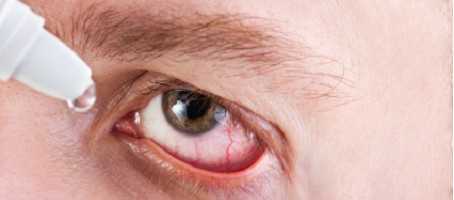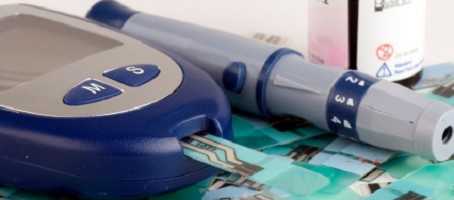A new form of laser treatment for retinopathy has helped a UK business woman with diabetes to reduce her risk of developing sight impairment as a result of retinopathy.
The retinopathy treatment was carried out at the London Eye Hospital by surgeon Dr Bobby Qureshi, using Retinal Rejuvenation Therapy. The therapy is delivered by a state of the art laser, the Ellex 2RT, which has been developed in Australia.
Business woman Elizabeth Holmes is the first person in the UK to benefit from the new laser. The technology is undergoing research and is not currently available on the NHS. Cost of the surgery privately at the London Eye Hospital is £2,000 per eye.
Diabetic retinopathy is a long term complication of diabetes can be problematic as it can cause new, weak blood vessels, which can be particularly prone to leaking, to grow on the retina. When blood vessels on the retina leak, they leave blood and fat deposits which over time can lead to difficulties seeing.
Laser treatment works by shining the laser through a special contact lens which allows the laser beam to be focused, with precisio, onto target areas of the retina. The laser burns into new blood vessels that have bled or those that are weak and represent a risk of leaking which helps to seal off these blood vessels from developing or leaking.
Traditional laser photocoagulation treatment is effective in most cases but there is still room for improvement as the laser can cause a certain amount of damage to surrounding healthy tissue.
The Ellex 2RT aims to minimise the damage by delivering laser bursts in nanosecond pulses. This means the laser delivers between 500 to 1,000 times less energy and therefore reduces the risk of excess thermal damage to the back of the eye. The reduction in the energy delivered is why the laser has been dubbed a cool laser.
Laser photocoagulation treatment has been used in the UK for a number of years and people with diabetes will welcome any advances in the technology which could lead to more effective treatment.
What's new on the forum? ⭐️
Get our free newsletters
Stay up to date with the latest news, research and breakthroughs.








